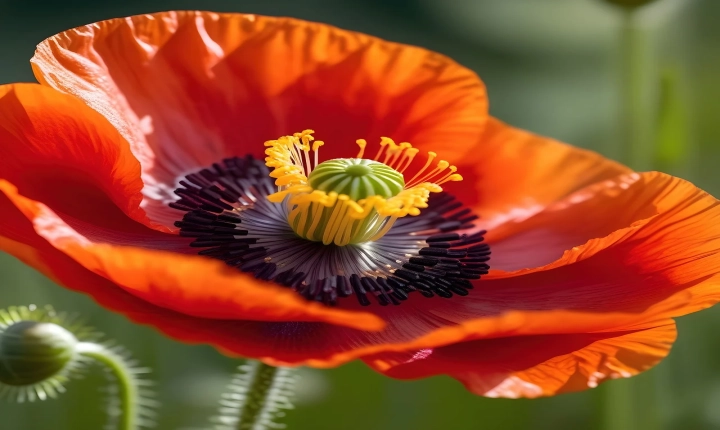AI has long been a subject of fascination and concern for many in the art world. As technology continues to advance at an unprecedented rate, automation and artificial intelligence are increasingly being integrated into the creative process, raising the question: is AI the death of art?
On one hand, AI has the potential to revolutionize the art world. It can be used to generate new and innovative ideas, create complex visual designs, and even produce music and literature. AI algorithms are capable of analyzing vast amounts of data to identify patterns and generate original content that may not have been conceived by human minds alone. In this way, AI has the potential to expand the boundaries of creativity and push the limits of what is possible in the realm of art.
However, many artists and art enthusiasts are concerned that the rise of AI in art may lead to a devaluation of human creativity and expression. Some worry that the ability of AI to create art may diminish the value of original human work, as well as the emotional and personal connection that viewers have with traditional art forms. Additionally, there are concerns about the potential for AI-generated art to lack the depth, soul, and authenticity that is often associated with human-created art.
One of the main criticisms of AI-generated art is that it lacks the human experience and emotion that is central to much of the art that resonates with audiences. While AI can mimic certain artistic styles and techniques, it may struggle to convey the depth of feeling and emotion that characterizes much of human art. Emotions, thoughts, and lived experiences are integral to the creative process, and AI, as of now, is unable to replicate these aspects of art creation.
Furthermore, the question of authorship and originality is also a point of contention in the debate over AI and art. Can AI-generated artworks truly be considered original creations, or are they simply imitations of human artistic expression? The issue of intellectual property and ownership in the context of AI-generated art is a complex and evolving area that has yet to be fully addressed.
Despite these concerns, some artists and technologists see the integration of AI into art as an opportunity for collaboration and exploration. Rather than viewing AI as a threat to human creativity, they see it as a tool that can be used to enhance and expand artistic possibilities. When used in conjunction with human creativity, AI has the potential to augment artistic expressions and bring new perspectives and techniques to the forefront.
The impact of AI on art is a topic of ongoing debate and exploration. While AI has the potential to revolutionize the art world, it also raises important questions about the nature of creativity and artistic expression. As technology continues to evolve, it is crucial for artists, creators, and audiences to engage in critical discussions about the role of AI in art and to consider how to ethically and meaningfully integrate AI into the creative process. In doing so, we can continue to push the boundaries of creativity and innovation while preserving the essence of human artistic expression.
